
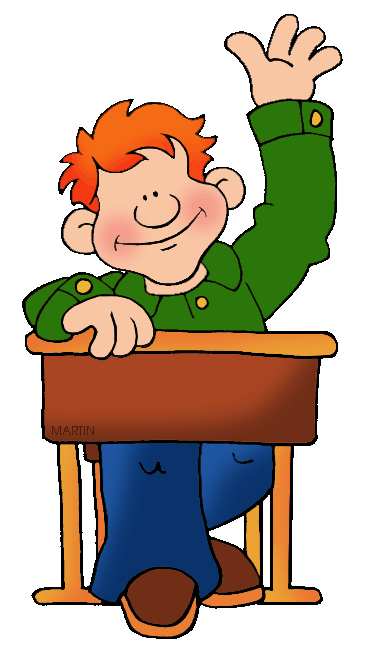 At Sandhurst Primary School, our history curriculum is designed to ignite our pupil’s curiosity about the past.
At Sandhurst Primary School, our history curriculum is designed to ignite our pupil’s curiosity about the past.
In line with the national curriculum, we use carefully sequenced lessons, inspired by the Cornerstones Curriculum, to enable pupils to aim high and build on what they already know and understand, whilst offering an exciting curriculum creating enjoyment within every lesson. In the Early Years, our children focus on the history of their own lives so far. In Key Stage 1, pupils begin to learn about significant people and occasions in the past, progressing to more in-depth exploration of historical periods in Key Stage 2.
Through visiting sites of historical importance and handling artefacts, learners will be inspired and challenged to know more about the past by asking and answering enquiry questions. They will gain coherent knowledge of Britain’s past to enable them to have a clear understanding of chronology. Pupils will develop a respect for historical evidence and make critical use of it to support their learning, whilst thinking, weighing evidence, sifting arguments, and developing perspective and judgement.
Furthermore, pupils will be taught history from all around the globe throughout their time at Sandhurst Primary School, which is key to see how people’s actions have had an impact both positively, including through kindness, and negatively on others and how we can learn from that.
Where appropriate, pupils will be encouraged to apply their reading, writing and mathematical skills, using subject-specific vocabulary whilst presenting their work in written form, communicating ideas, researching in non-fiction texts and presenting and analysing data and figures.
At Sandhurst Primary, history is taught through carefully selected topics as outlined below. The choice of historical periods follows the guidance set out in the national curriculum, with specific details relating to significant events and individuals chosen to present a rich and diverse account of British and world history. Following the Cornerstones Curriculum, all of our history projects are taught in the autumn and summer terms, with opportunities to revisit historical concepts in some of the spring term geography projects.
| EYFS | |||
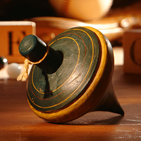 |
Long Ago |  |
On the Beach |
| This project teaches children about how they have grown and changed since they were babies and how life in the past was different from today. | This project teaches children about the plants and animals that live at the seaside. It also explores holidays in the past and the importance of keeping safe in the Sun. | ||
| Year 1 | |||
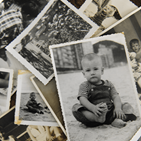 |
Childhood | 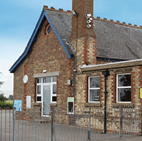 |
School Days |
| This project teaches children about everyday life and families today, including comparisons with childhood in the 1950s, using artefacts and a range of different sources. | This project teaches children about their own school and locality, both today and in the past. They compare schooling in the Victorian era to their experiences today. | ||
| Year 2 | |||
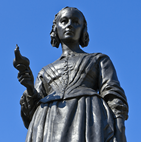 |
Movers and Shakers | 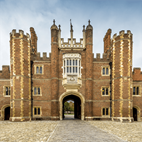 |
Magnificent Monarchs |
| This project teaches children about historically significant people who have had a major impact on the world. They will learn to use timelines, stories and historical sources to find out about the people featured and use historical models to explore their significance. | This project teaches children about the English and British monarchy from AD 871 to the present day. Using timelines, information about royal palaces, portraits and other historical sources, they build up an understanding of the monarchs and then research six of the most significant sovereigns. | ||
| Year 3 | |||
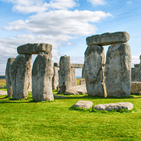 |
Through the Ages | 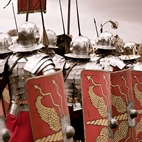 |
Emperors and Empires |
| This project teaches children about British prehistory from the Stone Age to the Iron Age, including changes to people and lifestyle caused by ingenuity, invention and technological advancement. | This project teaches children about the history and structure of ancient Rome and the Roman Empire, including a detailed exploration of the Romanisation of Britain. | ||
| Year 4 | |||
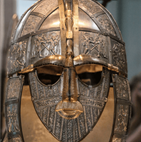 |
Invasion | 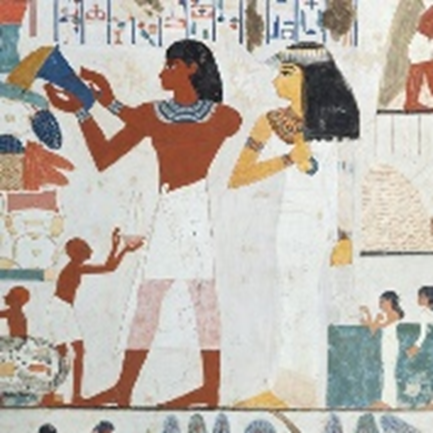 |
Ancient Civilisations |
| This project teaches children about life in Britain after the Roman withdrawal. Children will learn about Anglo-Saxon and Viking invasions up to the Norman conquest. | This project teaches children about the history of three of the world’s first ancient civilisations: ancient Sumer, ancient Egypt and the Indus Valley civilisation. Children will learn about the rise, life, achievements and eventual end of each civilisation. | ||
| Year 5 (Cycle B) | |||
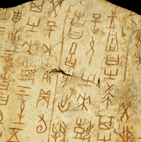 |
Dynamic Dynasties | 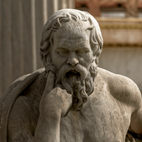 |
Ground Breaking Greeks |
| This project teaches children about the history of ancient China, focusing primarily on the Shang Dynasty, and explores the lasting legacy of the first five Chinese dynasties, some of which can still be seen in the world today. | This project teaches children about developments and changes over six periods of ancient Greek history, focusing on the city state of Athens in the Classical age, and exploring the lasting legacy of ancient Greece. | ||
| Year 6 | |||
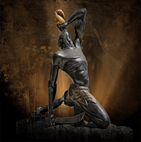 |
Maafa | 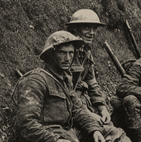 |
Britain at War |
| This project teaches children about Africa past and present, with a particular focus on Benin. It traces the development of the slave trade and explores Britain’s role in the transatlantic slave trade, the causes and consequences of the European colonisation of Africa and the worldwide communities that make up the African diaspora. | This project teaches children about the causes, events and consequences of the First and Second World Wars, the influence of new inventions on warfare, how life in Great Britain was affected and the legacy of the wars in the post-war period. | ||
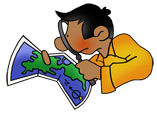
Our curriculum pedagogy is based on four distinct stages (known as the Four Cornerstones) which aim to give clear direction – through a carefully sequenced, interconnected and knowledge-rich planning sequence – for both teaching and learning: Engage – Develop – Innovate - Express
- Engage in memorable experiences that stimulate children’s curiosity, leading them to ask questions and talk about their prior learning.
- Develop new skills and knowledge by delving deeply into a theme, where children make links, create, explore, make, read and write.
- Innovate by returning to prior knowledge and skills so that children can use and apply these in new contexts (in and out of school).
- Express what has been learned by providing opportunities for children to reflect, test their knowledge and celebrate their achievements.
Following our Cornerstones Curriculum, we use quality-assured lesson resources, knowledge organisers, quizzes and question sheet to further support children’s developing historical subject knowledge. The resources contain the essential facts that children need for each history topic, and the quizzes and question sheets are used to assess the children’s understanding.
Our curriculum provides opportunities to see what knowledge children have retained and what skills they have mastered through clear curriculum endpoints which help teachers to make judgments about each child’s progress and attainment. Typically, at the end of each unit, children will complete an assessment that takes the form of a short quiz / series of questions – this is known as an express task. This provides a summative insight that is used alongside outcomes and pupil voice to assess what has been learned.
We want our pupils to develop a love for history and as a result remind them, if they continue to aim high, as a historian, they could become a Museum Curator, an Archaeologist, a family historian, a Member of Parliament, a teacher and many other exciting professions!

Cornerstones Curriculum
We provide a creative curriculum based around the Cornerstones Curriculum, a nationally recognised approach for delivering outstanding learning opportunities for children.
What is the Cornerstones Curriculum?
The Cornerstones Curriculum is a creative and thematic approach to learning that is mapped to the Primary National Curriculum to ensure comprehensive coverage of national expectations. Our new curriculum will be delivered through Imaginative Learning Projects (ILPs) which will provide a rich menu of exciting and motivating learning activities that make creative links between all aspects of our children’s learning.
We believe children learn better when they are encouraged to use their imagination and apply their learning to engaging contexts. Our new curriculum will provide lots of learning challenges throughout the academic year that will require children to solve problems, apply themselves creatively and express their knowledge and understanding effectively across the curriculum.
Cornerstones also provide a rigorous essential skills framework that outlines the end of year expectations in all subjects. These essential skills are tied to activities and are age related so that staff can track children’s progress and identify their individual learning needs.
How it Works?
Children will progress through four stages of learning in each ILP – Engage, Develop, Innovate and Express. To find out more about these stages please click on the link through to Cornerstones website:
https://cornerstoneseducation.co.uk/why-cornerstones/
Please find downloadable PDF versions of the Information available for the Design and Technology Curriculum.